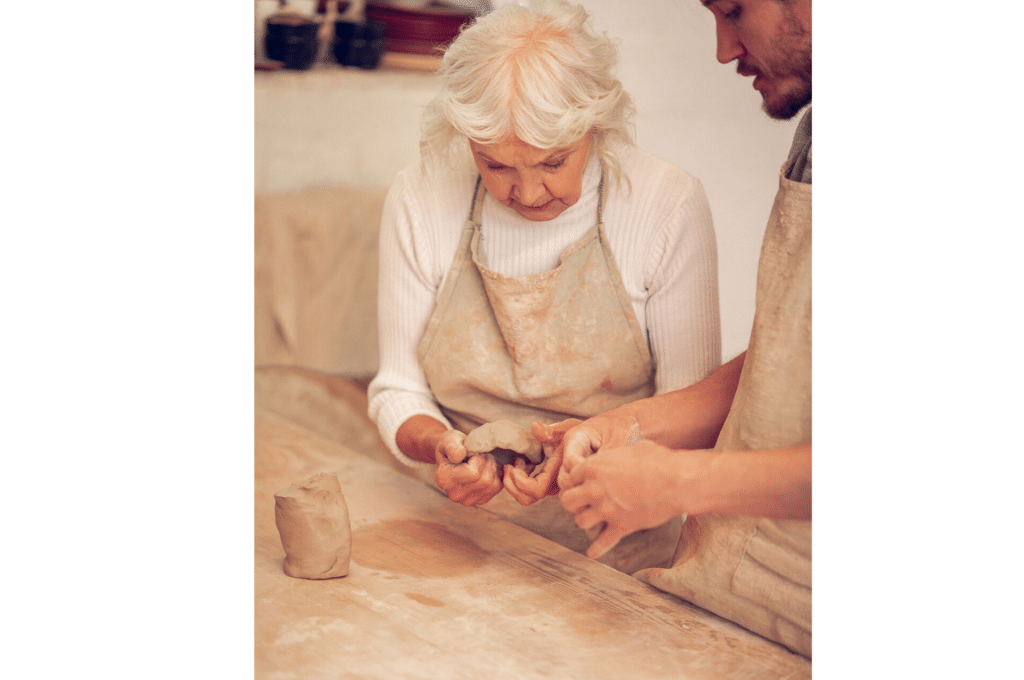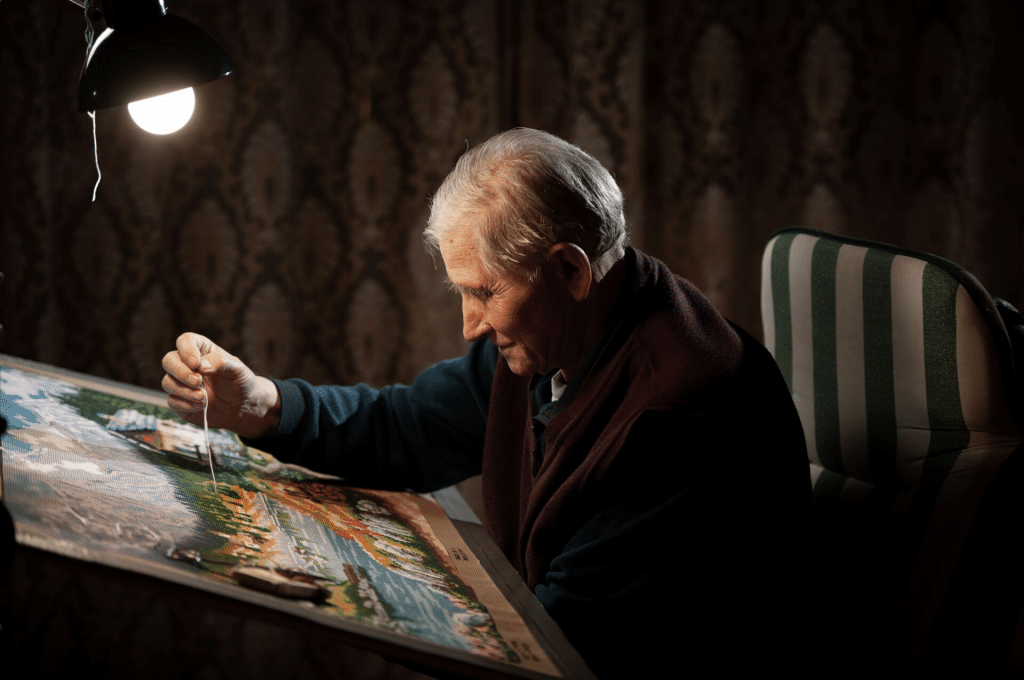Sleeplessness In Older And Aging Adults
Have you noticed that as we age, genuine, deep sleep is more and more difficult to attain? Many people blame this sleeplessness on the aging process, but is it right to do so? There are certainly many older persons who can sleep well through the night.
Why Don't I Feel Rested?
Sleeplessness is caused in part by the aging process. As we age, our bodies produce lower amounts of growth hormone while we rest. This can result in making it harder to fall into a deep sleep. Our bodies end up requiring more sleep to get the same amount of "rest" when compared to our younger years. We will want to go to sleep earlier and wake up earlier. We may also need to take a nap during the day to make up for the lost rest. So what steps can we take to try to get a good night's rest again?
A Hard Day's Work
First, we can ensure that we have been active during the day. As we age and go into retirement or stop working a regular job, it oftentimes gets harder to sleep at night, but not because of any health concerns. Rather it is because enough energy has not be expended during the day to make us sufficiently tired at night. Though our minds may refute this argument, the truth is, our bodies NEED certain levels of work or activity throughout the day in order to rest properly at night. If our bodies don't have a sufficient level of activity, they also do not recognize or trigger the need for rest. We need to try our best to raise our activity level during the day, finding work and exercise that's appropriate for our abilities at this stage of life. Work hard and later enjoy a more restful night's sleep.
Consistent Sleep Routine
Another helpful step that we can take is to establish a regular routine of waking and sleeping. Sometimes, as we age, our schedules can be thwarted by illness, aches, incontinence or even just out of boredom. We find ourselves dozing at various times during the day. Yet not able to sleep later, or staying up later watching television and sleeping in later in the morning. Whatever schedule we decide makes us feel best, we should stick with it on a daily basis in order to obtain the most restful night's sleep possible. Our sleep patterns are rhythmic and throwing off that rhythm can have an adverse effect on our sleep at night.
Turn off the T.V
Cutting off any screen time in the evenings a couple of hours before sleeping will help notify your body that it's time to begin winding down to rest. That means perhaps not texting or video chatting with your friends and family after a certain hour. Choose quieter activities that are not as stimulating, such as crossword puzzles, restful music, reading books, playing solitaire, etc. Help your body to be able to identify the cut off time from evening activities to sleeping time by establishing a nightly routine. Soon enough, you will find yourself longing to retire for the evening and looking forward to the rest that comes with it!
Doctors Orders
Finally, if you are still having problems sleeping after all of these steps, talk with your doctor. See if your doctor can suggest any other steps or changes you might make in your life. Your doctor may also be able to diagnosis if you have insomnia or other sleep depravation conditions. Supplementing melatonin is an option for some people. Others might need something a little stronger in order to help them set the rhythm of sleep again. Before you head to the doctor, however, be sure that you've tried everything in your power to re-gain sleep in a natural way. Older adults tend to take more medications than younger people and the combination of drugs can sometimes impair sleep. Natural sleep patterns will always trump medicated ones.
Time for Bed
Sleeplessness is frustrating and tiring by very definition! Even though we won't sleep like babies as we grow older, we can take many steps to improve the rest we are getting. Relax, don't stress and soon enough you'll be dreaming of the good old days again!


 Downsizing is one of the most popular trends around the nation right now. There are as many motivations to downsize our lives as there are lives. Some downsize in order to move into tiny houses, some downsize in order to simplify their lives, or to allow them more time to travel. Today we're going to talk about downsizing our possessions in preparation for a move into an
Downsizing is one of the most popular trends around the nation right now. There are as many motivations to downsize our lives as there are lives. Some downsize in order to move into tiny houses, some downsize in order to simplify their lives, or to allow them more time to travel. Today we're going to talk about downsizing our possessions in preparation for a move into an  Once you've answered the largest question, you'll more than likely have an easier time with the smaller things you need to deal with. It will also help you in other areas. If you're selling or gifting the house, you'll have a time frame within which to work in order to have your things taken care of. You can decide whether your large appliances or farm tools will convey with the house or property. The smaller items will become much easier to handle.
Once you've answered the largest question, you'll more than likely have an easier time with the smaller things you need to deal with. It will also help you in other areas. If you're selling or gifting the house, you'll have a time frame within which to work in order to have your things taken care of. You can decide whether your large appliances or farm tools will convey with the house or property. The smaller items will become much easier to handle.


